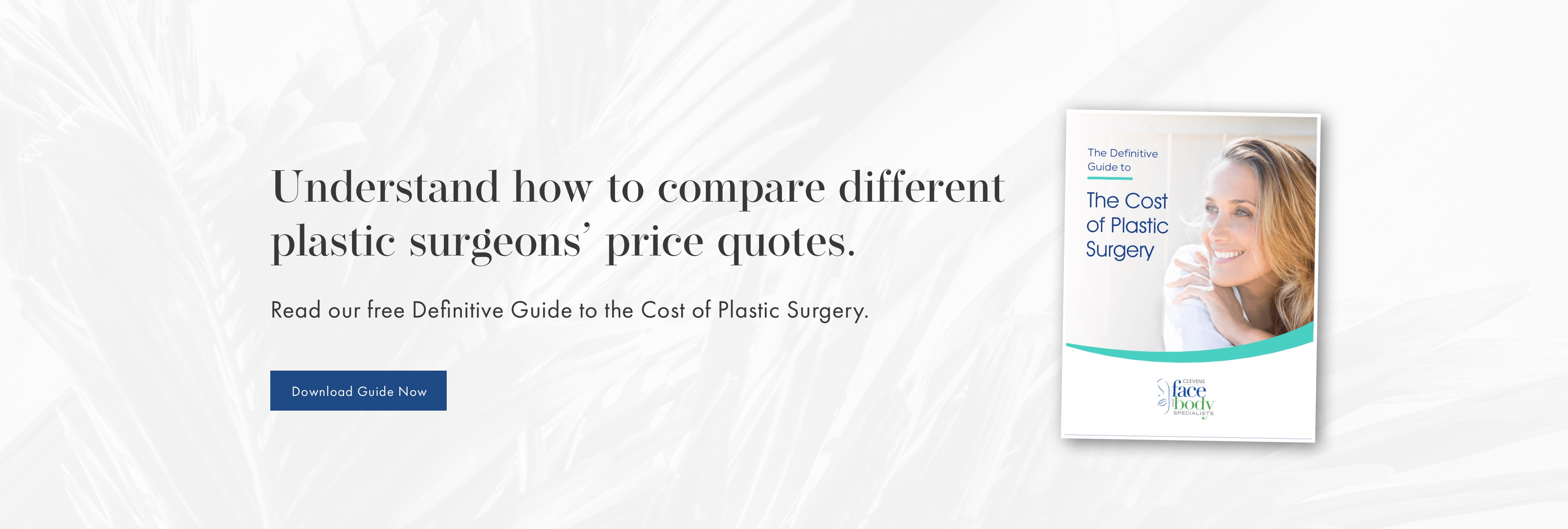On 02
Oct
2019

Your ethnicity and your skin’s type, color, and texture all play a part in how you age and what issues you may encounter down the road. Understanding the unique benefits and challenges associated with your skin type will help you prepare for what’s to come and take the right preventive measures to slow fine lines, wrinkles, loose skin and other signs of aging. This blog post will break down the different skin types and their typical aging process.
Breaking Down the Different Skin Types
The Fitzpatrick scale is a way of classifying different types of skin. Skin types and associated skin, hair, and eye colors are broken into six categories based on distinct characteristics. Each skin type has unique characteristics, both positive and negative, that impact the way they look, heal, and age over time.
Anglo-Saxon (Fair Complected with Red Hair)
These individuals tend to have red hair, blue or green eyes, and freckled skin that does not tan and burns easily. Because skin cancer and sun damage are common with marked sun sensitivity, it is especially important for individuals with the Anglo-Saxon skin type to take extra precautions to protect against powerful UV rays.
On the other hand, fair-skinned people have several benefits that help with cosmetic procedures: skin drapes easily, scars are quick to heal, and swelling is often minimal after plastic surgery. However, aging appears earlier than the other skin types, mainly due to increased sensitivity to the sun, introducing fine lines and wrinkles that may be difficult to remove.
Northern European (Fair Complected with Blonde Hair)
Those of Northern European descent tend to be fair-skinned with blonde hair, blue or green eyes, and sensitive skin that burns easily and doesn't tan. Similar to the Anglo-Saxon skin type, individuals in this category are more prone to skin cancer and sun damage due to marked sensitivity and should take precautions to prevent this.
This skin type also responds well to cosmetic plastic surgery because it tends to be thin and is easy to manipulate with minimal swelling, and incisions that blend easily. That said, signs of aging in individuals with the Northern European skin type will be obvious early on, and they have the potential for deep wrinkles later in life.
Central European (Olive Complected with Dark Hair)
People with a Central European background tend to have dark hair and eyes, with an olive complexion. These individuals have oily skin that’s less sensitive to sun damage and tans easily. Because this skin type is more protected from the sun, skin cancer and sun damage are much less common than with the fairer skin types.
Overall, signs of aging appear later in life for people with the Central European skin type. They’re often great candidates for plastic surgery because incisions are typically easy to hide and the structure of bones and cartilage is stronger. Although the skin is somewhat easier to work with, people with this skin type often deal with pigmentation issues or darkening of the skin in areas as they react to surgery or inflammation. In our practice, we address the tendency toward hyperpigmentation to minimize its effects.
Southern European: Hispanic, Asian Pacific (Medium Complected with Brunette Hair)
People that fall into the Southern European skin category often have thick brunette hair with oily, medium complected skin. For these individuals, the signs of aging will likely appear much later, with minimal fine wrinkles. This is primarily because of added protection from the sun due to extra pigmentation in the skin.
This skin type also tends to be thicker and more resistant to lifting during surgery; however, swelling sometimes lasts longer and scarring may be more obvious. By taking precautions suggested by an experienced plastic surgeon before and after a cosmetic procedure, those of Southern European descent can help ensure optimal healing.
South Asian: Indian (Dark Complected with Thicker, Oilier Skin)
South Asian individuals have a dark complexion with thicker, oilier skin than many of the other skin types. People of South Asian descent typically see signs of aging much later in life than fairer skin types. For this skin type, skin cancer and sun damage are rare.
One potential challenge is that the cartilage is resistant to surgical manipulation and tends to droop, unless your surgeon is skilled in the care of South Asian patients. Thickened scars and swelling can also last longer after surgical procedures than in fair-skinned individuals. Special care techniques before and after surgery can help encourage and improve healing.
African (Dark Complected with Dark Hair and Eyes)
Those with an African background have a dark complexion, along with dark hair and eyes. This skin type shows signs of aging at the latest point in life, is resistant to sun damage, and skin cancer occurs very rarely. As a result, fine wrinkles rarely form and bruising is uncommon.
For these individuals, swelling after a cosmetic procedure may last a while and scars may become thickened, with certain non-facial areas tending to form thicker scars than others. Unfavorable facial scarring is still quite uncommon. There is also a greater risk of pigmentation issues during surgery. Attentive care during and after plastic surgery will ensure proper healing of incisions with minimal issues.
Knowing your skin type and the positive and negative characteristics associated with it are essential for protecting your skin long-term and slowing signs of aging. If you’re interested in cosmetic plastic surgery, you skin type is one of multiple factors to consider—and the rest can be covered in a consultation with a specialist.


